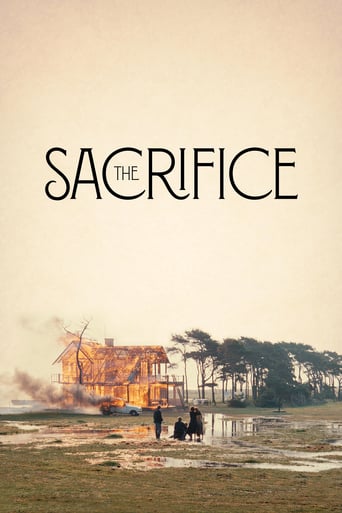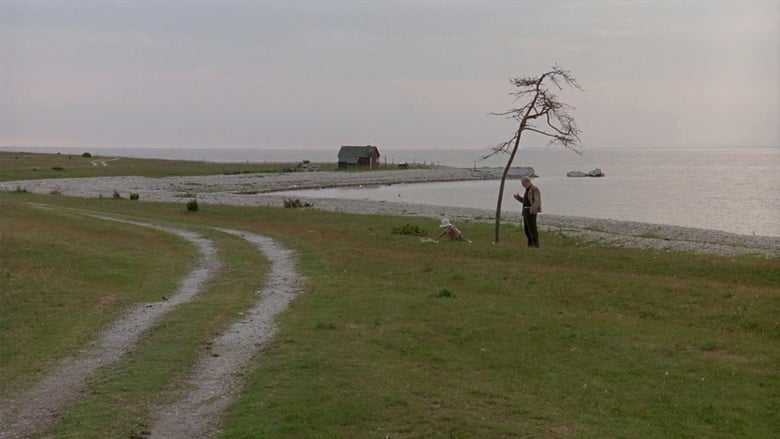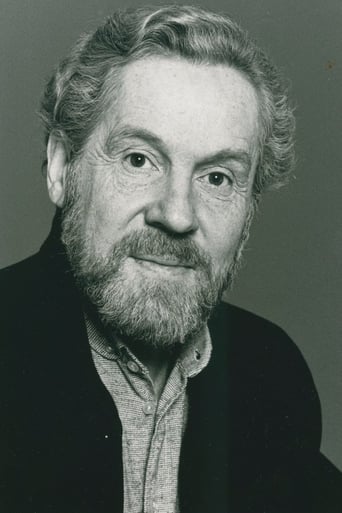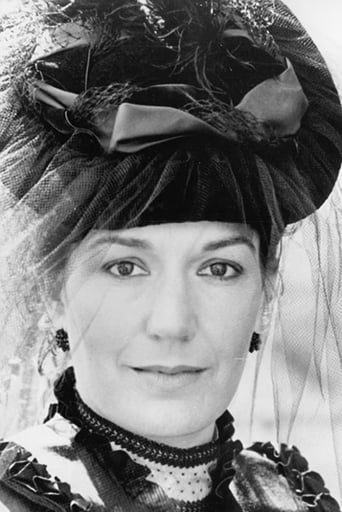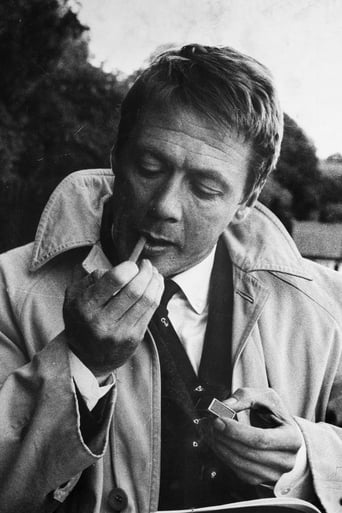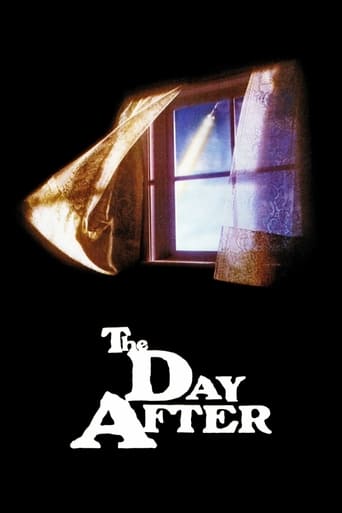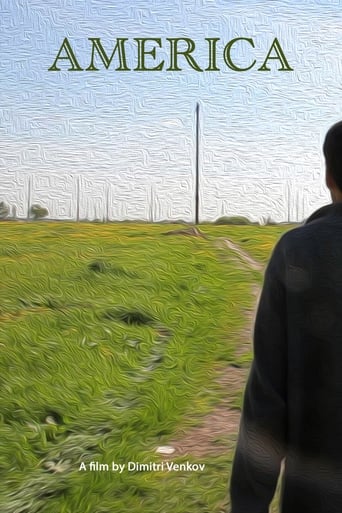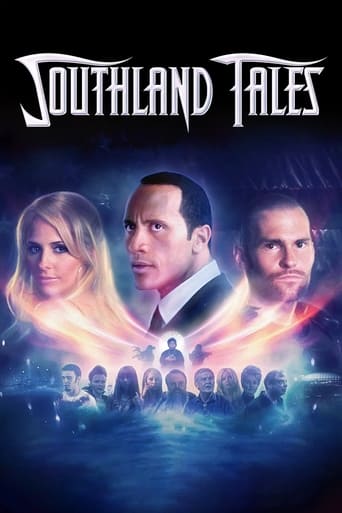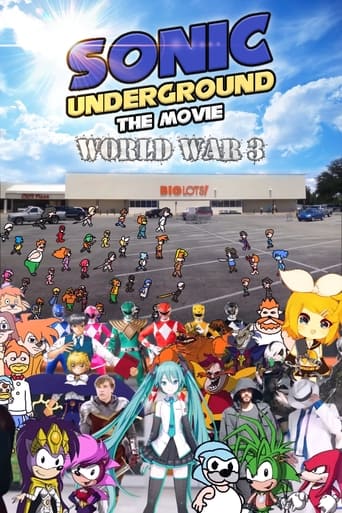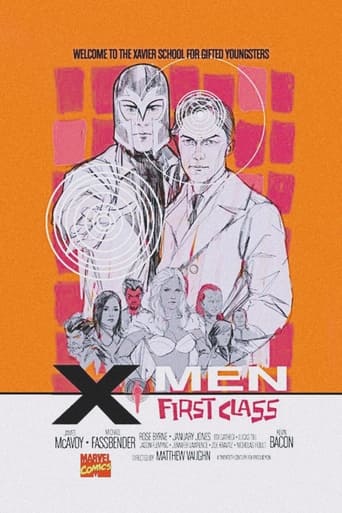The Sacrifice (1986)
Alexander, a journalist, philosopher and retired actor, celebrates a birthday with friends and family when it is announced that nuclear war has begun.
Watch Trailer
Cast


Similar titles
Reviews
Very very predictable, including the post credit scene !!!
The Worst Film Ever
Excellent, a Must See
The movie turns out to be a little better than the average. Starting from a romantic formula often seen in the cinema, it ends in the most predictable (and somewhat bland) way.
*some spoilers are included* After I've watched this for the first time, I was confused and not very happy. I liked the movie, but I expected it to be a total sacrifice movie because I was enchanted by Lars Von Trier movies and his work which is pretty cruel in my opinion ( and that's why I adore him) and then this movie gave me some kind of easy, light, kinda sleepy heavenly feel. It slowly introduced me to the world of the eternal beauty of nature, subtle philosophy teachings and the kindness of Alexander (I loved his personality all the time). It is not perfect because of the sacrifice itself, but of the glorious images which are also some very strong symbols. I adored the fire, it really touched me and I thought of some philosophy statements about the fire itself. If you want a total sacrifice I recommend "Breaking The Waves" (Lars Von Trier), but if you want an art treasure and nature yelling at your face, this is the great movie. I gave it 9/10 because the plot was little weak, maybe that is why I love this? I don't know, but this movie will have its hands on my mind for a long, long time.
This turned out to be Andrei Tarkovsky's last film. Like it is almost always the case with his work, this too is about faith. Alexander, the protagonist worries about society and its lack of spirituality. The opening scene has him plant a tree with his young son. The last scene has the son, the only one not involved in the chaos everyone is, rest under it.Sacrifice is the closest Tarkovsky and Bergman came to making a film together. Sven Nykvist, the cinematographer, Erland Josephson as Alexander and Allen Edwall as Otto the postman were all longtime collaborators with the great Swedish director and Tarkovsky was apparently in awe of Bergman and his films. Through Nykvist and his magical control of light and the slow, meticulous, long shots set to Bach, Tarkovsky makes a work of extraordinary beauty. The story (or so) is about Alexander saving the world from a fatal war by making a string of personal sacrifices. We don't know how much of this is just his dream. Black and white shots are interspersed with shots of desaturated colour, the timeline is non-linear and it is possible that everything that happens is indeed a long dream. There is perhaps value in analysing the film as a study, but I am loath to do that. My experiences with such films have always been about curiosity. The questions this curiosity asks is mainly the "how did they do it" variety than the "what does he mean" kind. For instance, there is an early scene with Adelaide, Alexander's difficult wife and Maria, the housemaid who could also be a witch. Maria asks the lady if she can leave for the day. The scene is set in such a way that Adelaide paces left and right, while also getting closer to the camera with each turn. Maria is placed bang in the middle of the frame and her eyes follow Adelaide's pacing. At the end of it all, Adelaide ends up walking behind the line of the camera while Maria is staring at it. This is the sort of thing which elevates a film to a different plane. There is the story, the acting and the music yes, but this is something unequivocally cinema. The camera, the actors and their respective movements. In another scene, Alexander is shot as a reflection of a painting by Leonardo da Vinci (Adoration of the Three Kings). Apparently, Tarkovsky felt this would appear as if he was part of the painting and now he has come out of it. What a thought!
First of all - this is my first comment on IMDb. What made me write it - an explosive realization that came to my mind when re-watching "The Sacrifice" for the 3 time. "The Sacrifice" is not a movie. It is a testament, a confession, a premonition, a warning, and as such - an action. The dying genius, as this is the last Tarkovsky's film, gets out of the screen and penetrates our minds to influence the actions we - his spectators - will take. "Here the actor is, himself, his own creation, his own work of art." we hear before Alexander parts to Maria's house. The authentic meaning of this, which in the English translation can be attributed to reflections about the art, all of a sudden flashes out in the Russian version - from this point on the author makes his own final decision not to remain a mere artist, but to act, to become a creator of the future.So what is Tarkovsky's intention, what does he see that compels him to take upon that responsibility? Through a sequence of beautifully shot scenes he rubs the painful truth into our faces - the course the humanity has taken so far leads us to an imminent destruction, a theme that according to his own diaries was haunting him during the last years of his life.And though there might be hope as Tarkovsky presents it, it is up to us to find the genuine answer. The ending stands in many ways open and ambiguous - Tarkovsky dedicated "The Sacrifice" to his own son he had left upon emigration in the USSR - his home country to the downfall of which he very much contributed. Sapienti sat.
Tarkovsky movies aren't among the easiest films to appreciate instantly. Some argue they feel drawn-out, feature a very typical, hard to decipher imagery, a somewhat detached language, create all in all very inaccessible worlds, at least on first glance. In a way, yes, but once you get in you'll find that they always deal with essential issues of life and faith, grow on you and offer to explore new perspectives on repeated viewings, eventually leave a lasting impression. Take "Offret" ("The Sacrifice") for example.Not only was the movie shot in Sweden, but Tarkovsky also clearly channels Bergman in this one, even uses parts of his crew, which plays well into the themes at stake. But he more than re-hashes "Wild Strawberries", "The Seventh Seal" or similar Bergman works that deal with death or re-evaluation of one's life. At any rate it's Tarkovsky's last movie and in many ways autobiographical and personal. It is a deep character study and deals with the reflections of an intellectual on his past life, which becomes unhinged at some point - and the changed circumstances demand a final, definite answer. The film is carefully constructed and leads from seemingly casual conversations of a life that is in complete order to something rather different. However, while the path that leads to the conclusion might be there right in front of you on screen, it's up to the viewer to decide where to draw the line between reality, imagination or dream. The viewer also has it in hand to determine the ultimate reasons why certain things happen: whether an atheist has suddenly become pious in the face of death and God answers, or innermost convictions have surfaced, even if witchcraft is in play or the wheel of life itself just turns once more thanks to the Nietzschean eternal recurrence, a theory a certain postman ascribes to. The spectrum of Tarkovsky's "Sacrifice" is enormous and the picture is as substantial as the viewer is willing to concede.

